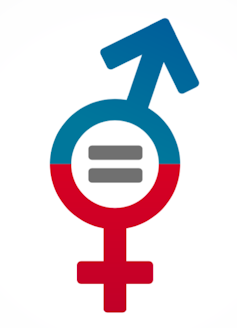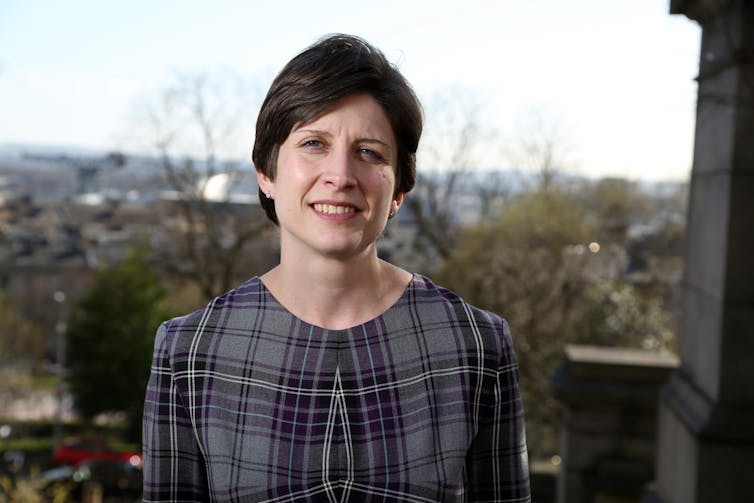When the new UK tax year begins on April 6, stand by for a severe attack on women’s welfare. Parents will no longer be able to claim tax credits for more than two children – unless they can prove that subsequent children were a consequence of rape or a coercive relationship. And while the whole change will hurt women the most, that exception was pushed through by statutory instrument without even a vote in parliament.
This is a resolute line of action from a UK government in 2017; whose prime minister, Theresa May, has repeatedly expressed her commitment to helping poorer households. This is a government which has already blighted the incomes and economic status of women through welfare “reforms” and public sector cutbacks in the name of austerity while allowing employers to make workers’ conditions ever more flexible at the same time.
This latest policy, says the government, is “a key part of controlling public spending [to] create an economy that works for everyone”. But the reality is that in many cases, the people applying for tax credits will be among the UK’s 2m single parents, around 90% of whom are women. For women who also need to prove rape to be granted the three-child exception, they are being further punished for sex-based crimes they have already experienced.

How can a policy “work for everyone” when it deliberately suppresses women’s economic status and seeks to control their fundamental freedom to have children or not? How that can be justified under the Public Sector Equality Duty, which requires all policy and spending proposals to undergo an equality impact assessment, is bewildering. Has the UK government even conducted such an assessment? Has the government no regard for the spirit of domestic or international anti-discrimination legislation?
The fightback
The UK government cannot claim to be ignorant of the consequences of such a policy and the strength of opposition to it. Women’s and human rights organisations across the UK have been loudly against, while a public petition last year opposing this so-called “rape clause” attracted thousands of signatures.
The SNP MP Alison Thewliss has been the most prominent opponent within the Commons through her #scraptherapeclause campaign. Her campaign site and Twitter feed document extensive attempts to hold the government to get the policy abandoned.
In recent days, Thewliss has been denied an emergency debate, despite the business of the House ending ahead of schedule on the day in question; and denied a request for an archaic intervention called a “prayer of anulment”.
She has also tabled an Early Day Motion, another means of tabling a parliamentary debate if it garners sufficient support, but after eight days it had only been signed by 57 out of 650 MPs. Finally, she has lobbied the House of Lords Secondary Legislation Committee, which could review the provision at its next meeting, in private, on March 28.

Feminist economics
Combining women’s economic and reproductive rights to oppress and discriminate against them is not new – just reflect on the pregnancy and maternity discrimination that is all too common in the workplace. Women have consistently been penalised for having and rearing children despite the fact that this comes down to biology and social constructs that view them as the primary carers.
Public policy largely ignores the contribution of care to the wider economy because it goes unpaid and consequently disregards the ways in which women’s financial autonomy is compromised. Feminist economics analysis has developed as an academic discipline that exposes this in-built gendered bias.
Policies like the rape clause reveal the emptiness of hand-wringing about women’s poverty and child poverty. Of the cuts to public spending to date, 86% have already directly affected women’s income – so the last thing women need is a new cut that affects only them.
This reinforces the need for women to scrutinise and challenge politicians’ spending decisions, and to build their confidence and skills at calling these things out. When a government eschewing state intervention directly intervenes in women’s reproductive rights, we have truly passed through the looking glass.

